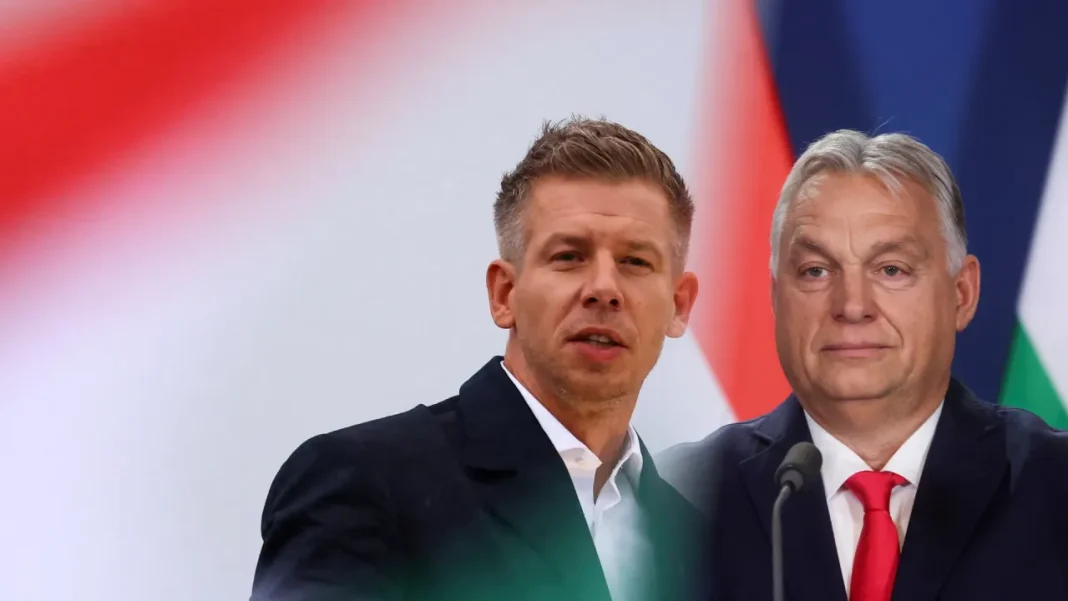As Hungary approaches a pivotal electoral moment, questions arise about whether the opposition can finally replace Prime Minister Viktor Orbán after 15 years in power. With a political landscape marked by significant challenges and opportunities, understanding the similarities and differences between the current and previous electoral scenarios is crucial.
The Political Landscape in Hungary

Over the past decade and a half, Viktor Orbán and his Fidesz party have dominated Hungary’s political scene, implementing policies that have consolidated power and reshaped the nation’s governance. Orbán’s tenure has been characterized by a blend of nationalism and economic pragmatism, appealing to traditional and rural voters. This has resulted in a political environment where the opposition has struggled to gain significant traction, often fragmented by competing interests and ideologies.
The opposition, however, has shown signs of potential unity. In recent years, multiple parties have allied to challenge Fidesz, seeking to present a coherent alternative to Orbán’s leadership. By focusing on issues such as democratic governance, EU relations, and economic reforms, these coalitions aim to resonate with urban voters and younger populations disillusioned by the current administration.
Strategies for Electoral Success

For the opposition to succeed, a cohesive strategy is essential. They must effectively communicate a vision that resonates across diverse voter demographics. This involves addressing pressing concerns such as corruption, media freedom, and foreign influence. By capitalizing on public dissatisfaction with these issues, the opposition hopes to galvanize momentum heading into the elections.
Moreover, leveraging social media and digital campaigning has become increasingly important. Recognizing their limited access to mainstream media, opposition parties are turning to these platforms to reach younger voters and international audiences, expanding their influence beyond traditional boundaries.
Role of International Relations

Hungary’s relationship with the European Union remains a contentious topic. Orbán’s government has frequently clashed with EU institutions over democratic norms and the rule of law, leading to potential sanctions and funding cuts. These tensions offer the opposition a platform to argue for a shift towards stronger EU integration and cooperation.
International observers are closely watching these developments, as the outcome could significantly impact Hungary’s role within Europe. An opposition victory might realign the country’s foreign policy, fostering closer ties with Western allies and advocating for shared European values.
Challenges Facing the Opposition

Despite potential advantages, the opposition faces notable obstacles. Hungary’s electoral system, characterized by gerrymandering and media control, poses challenges for fair competition. The ruling party’s entrenched position makes it difficult for rivals to gain the necessary footholds in rural areas and smaller towns where Fidesz’s support remains robust.
Additionally, internal divisions among opposition groups pose a risk. While coalition-building is vital, it also demands consensus on policies that resonate with a broad audience, a complex task given the diverse ideologies within the alliance.
The upcoming elections in Hungary present a critical juncture for both Viktor Orbán’s leadership and the country’s democratic trajectory. As the opposition bolsters its efforts to unseat the long-standing government, the outcome will significantly influence Hungary’s future domestically and on the global stage.
Source: Official European Union website.





